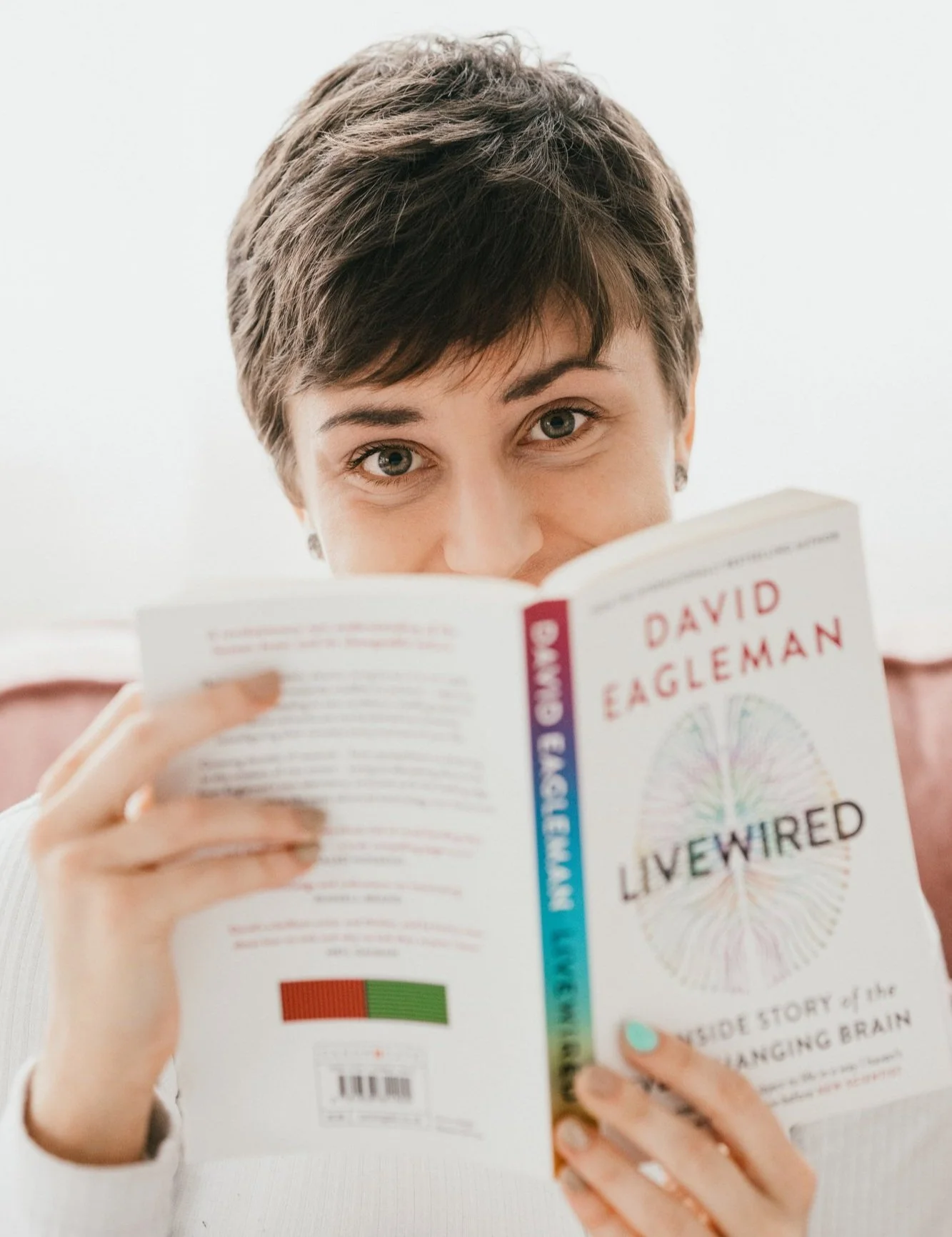Common Phrases ‘Unhappy’ People Use… And Replacements to Try!
Our brains are always looking for evidence of what we tell it. This is why the language we use and how we speak to ourselves can change your whole outlook. When we start to use this knowledge to re-train our brain, it makes our behaviours easier to change too. How many of these phrases do you use?
If we wake up and think, “eugh I just can’t deal with life today”, our brain will look for proof to support this. You’ll notice the red lights on the commute to work. You’ll focus on the spilt coffee on your desk and of course, you just ran out of tissues. The day will seem longer and more tiring.
If you wake up and think, “I’m going to do the best I can today, and that’s enough. Good things continue to happen to me.” Now our brain is rewired to look for evidence of this statement. You might still hit all the red lights, but focus on the fact the radio is playing good tunes today and the sun is shining. You spill your coffee, but notice how your friend leaps up to help you.
So here are some common phrases which ‘unhappy’ people often use without even realising, according to psychology. And what to try saying instead!
“That’s just my luck” or “I’m an unlucky person”
This is a sign of learned helplessness. This is when someone stops trying because they believe that they can’t do anything to change. This phrase strengthens the belief that life is “out to get you”. Which makes life heavy! Negative situations feel personal and permanent!
Try: “that’s really frustrating, but it’s not the end of the world”
(Side story: On route to Hawaii for our honeymoon, my husband and I accidentally left a folder of all our important documents and a lot of cash, somewhere in the airport. He started having a bit of a breakdown. Thanks to hypnotherapy, I simply asked him, “do you have all your limbs?” He looked very confused, and said yes. I asked him if I did too, and asked him to count them. He did so and started laughing. Then I told him, we are both here and we are both okay. It’s obviously not ideal, it’s a huge pain in the butt, but we’ll be fine, we will cope, and have an amazing holiday regardless. FYI: Someone found the folder, kept it safe, and we managed to get it back on our way home!)
“Nothing ever goes my way” or “Things never work out for me”
This is a sign of ‘globalising’, when one bad thing happens and they make it define their whole reality. A similar phrase is “I can’t do anything right.” It stops people from trying new things or opportunities. Even the most successful people have had many major setbacks.
Try: “that didn’t go as planned, but I’ve had success in the past and I will have more”
“I’m not good enough” or “I don’t deserve good/nice things”
This is a hit directly to your self-worth! It’s allowing that inner critic to be cruel to you, when they are actually just being very wrong. Self-compassion reduces anxiety and depression. So if you wouldn’t say it to a friend, you shouldn’t say it to yourself! Does your friend have to do something amazing to deserve that new dress/necklace or dinner out? Of course not. You deserve all the lovely things! Because otherwise, what’s the point? Nice things are not a reward to be earned, they are a part of life. And they make life easier.
Try: “I’m doing my best, I’m learning and growing, or I’m focusing on progress, not perfection, being perfect doesn’t exist”
“I shouldn’t be like this/feel this way”
This is so invalidating. You are basically telling yourself that your normal, human, natural emotions are wrong. You can’t bully yourself into change. (If you could, it would have worked by now.) There is no ‘wrong way’ to feel or be. (Even if society or other people try to make it seem that way.)
Try: “My feelings are valid and will pass”
“I will be happy when/if…”
Oooh, my personal favourite. (And a tricky one as someone with a chronic illness.) I’ll be happy when… I’m healthy, I get promoted, I break that habit, I get fitter, I get in a relationship, I have enough money…
This phrase keeps you in a mindset where happiness is a future destination that we are chasing. Whereas, we can find happiness every day, even while we are working on other goals.
Try: “I can want more, but still enjoy today”
Pay attention to your thoughts and the language you use. I
t shapes how you see yourself and therefore how to act with others and the world around you!

